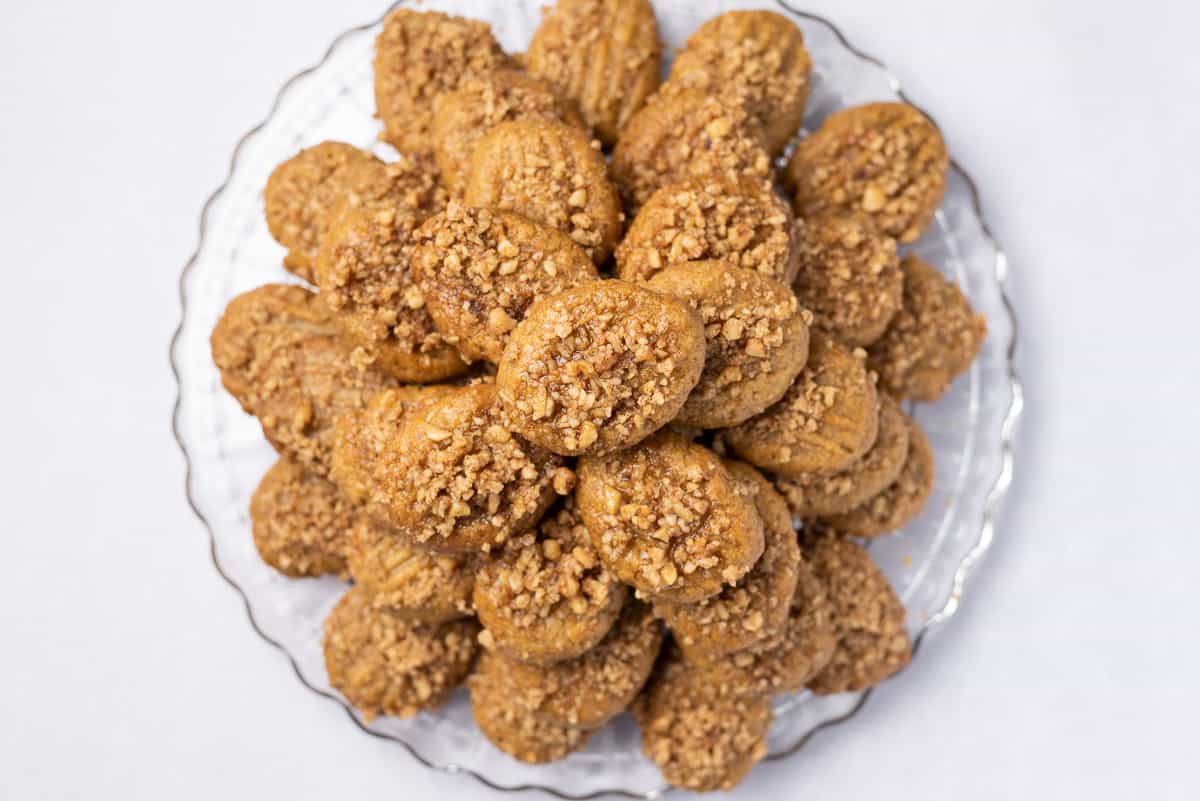voula_slat
Active member
I am trying to get my recipe box in order and I have a recipe for Melomakarona and another for Finikia, but as I look at these recipes, they look like the same thing. Are they? My family always referred to it as Finikia and always made it at Christmas, but I got the Melomakorona recipe from a friend without realizing the similarities. If it is the same cookie, does anyone know why it has different names?




